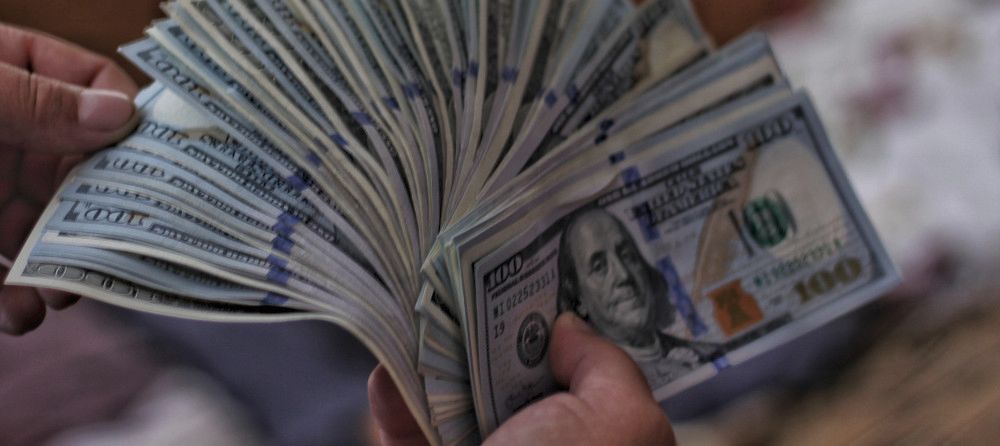819 reads
How I Made a 65% ROI with this Boeing Trading Algorithm
by
June 10th, 2021

Software Engineer with an interest in markets, trading and startups. You can get in touch with me at: https://ard.ninja
About Author
Software Engineer with an interest in markets, trading and startups. You can get in touch with me at: https://ard.ninja
